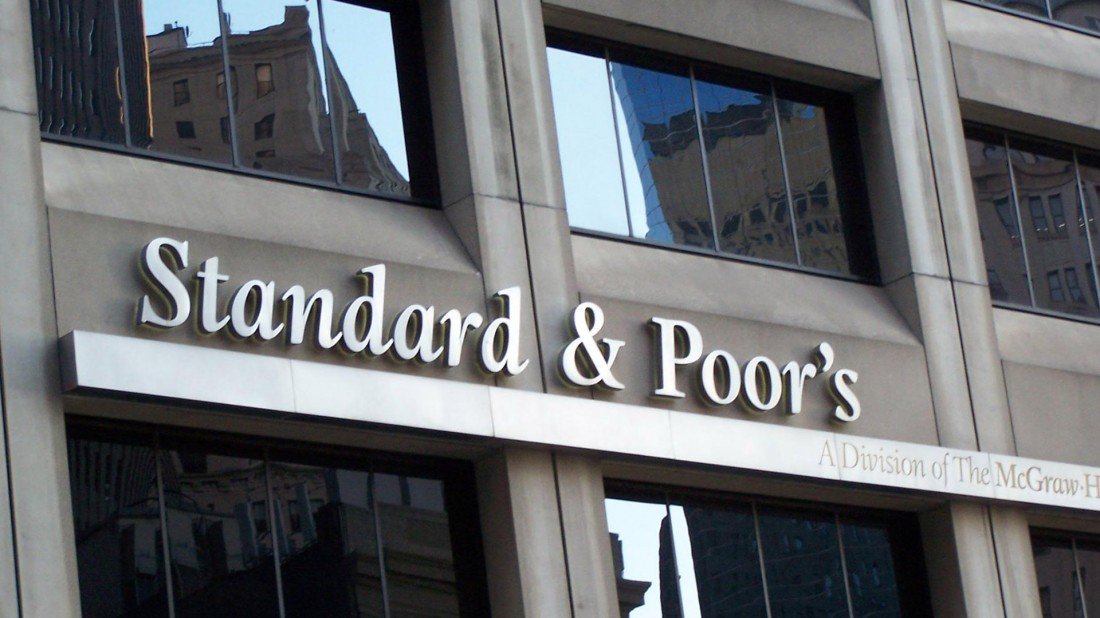Global Credit ratings agency Standard & Poor’s (S&P) has revised its outlook on Kenya to stable from negative noting that the country’s economic growth performance and prospects remain strong with both fiscal and external performance having improved recently.
The ratings firm also affirmed its ‘B+/B’ outlook on Kenya, expecting the country to register strong growth performance over next year through 2019. S&P also noted that the 2015 risks which included the government’s then very tight liquidity position, had eased.
In a statement on Friday, S&P Global Ratings, said:
“We expect Kenya will continue to post strong growth over our forecast horizon through 2019, reflecting a relatively well diversified economic base and a strong private sector with increasing regional importance. Since our last review, government financing pressures have abated somewhat, interest rates have come down, and the exchange rate has remained stable.”
The decision comes at a time when Kenya’s current account flows have improved as a result of lower import prices and growth in the agricultural sector despite the fact that manufacturing activity had slowed marginally in the first half of 2016.
The New York-based debt watcher also believes that the recent measures aimed at reforming the electoral commission (IEBC) are likely to “temper frustrations in the run-up to August 2017 general elections”.
“Potential oil production could also lift growth, although we view this as a long-term prospect, beyond our forecast horizon. Tourism’s contribution to economic growth remains subdued following past terrorist attacks, which could deter investors. Additionally, lower oil costs have boosted the transportation sector activity.” according to S&P.
However, the agency warned that it could lower the ratings if Kenya’s budget deficits were to increase further or government debt increased more than they currently expect or if political tensions rose and undermined stability in economic policymaking.
At Kenyan Wall Street, we think the upgrade is especially welcome today because a higher credit rating means easier access to bond markets and lower borrowing costs given that Kenya had plans to go the Eurobond market before the end of the year or early 2017.



